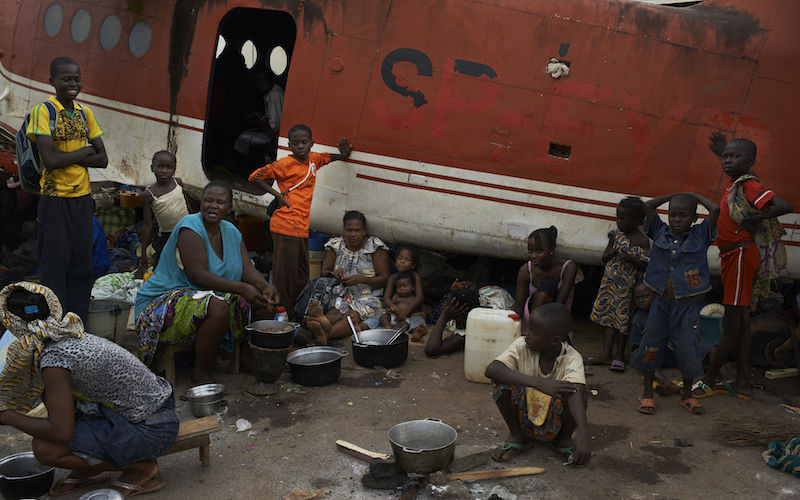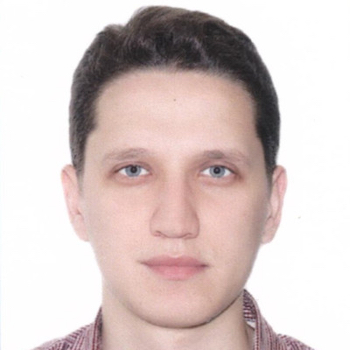
For Africa, Much Hinges on UN Secretary General Election
The coming weeks will see the election of the next UN secretary general. The entire geopolitical situation is uncertain at the moment, with major world powers showing strong discrepancies in their worldview that could affect who succeeds Ban Ki-moon. Today, however, the continent that needs the UN more than any other is Africa. Its voice, therefore, must be heard in the selection of this new leader.
For decades, Africa was caught in the vicious proxy conflicts of the Cold War. Problems of war, poverty and weak governance quickly followed decolonization. Today’s Africa, however, is on a new trajectory. It is a more hopeful and confident continent, with notable economic triumphs in countries like Rwanda and Ethiopia, and sound progress in good governance in others like Senegal and Côte d’Ivoire.
Deep-seated problems do, nevertheless, still remain.
More than ever, the UN has a vital role to play in ensuring security and stability in Africa, and in guaranteeing that it continues to move along the path of upward growth. African countries must ensure that they are represented in decision-making processes at the UN, including in this next secretary general election. Of the UN’s 16 ongoing peacekeeping missions today, more than half are in Africa.
The decision of who will be the next secretary general will be made by the five permanent members (P5) of the UN Security Council, in consultation with the ten non-permanent members (P10). Since no African country is a permanent member, it is time for the council’s permanent members to listen closely to Africa’s voice and its primary concerns. Although it is a large and diverse continent, the leaders of the African continent have articulated a number of joint, undeniable priorities.
Why Africa needs stronger voice in the UN Security Council
First is the need for justice, accountability and the end of abuse that is now synonymous with UN peacekeeping missions in Africa. The allegations of peacekeepers in South Sudan turning a blind eye to the beating, rape and murder of locals and foreign aid workers damage the UN’s reputation among the most vulnerable communities. Ban Ki-moon promised an investigation, but it is not hopeful given his office’s scandalous handling of abuse in the Central African Republic.
Second, African leaders need a secretary general who understands the challenges facing them in the 21st century and that Africa has a positive role to play globally. The international community and UN leadership must stop looking at Africa through the prism of US aid and Western intervention. These are not long-term solutions for African entrepreneurship, economic growth and a young dynamic population full of promise. The continent needs a person who understands that.
Third, Africa seeks to ensure that the Security Council has adequate and fair representation. There have long been calls to change the guard in the P5, notably with BRICS members, and it is undeniable that Africa’s voice in the Security Council deserves much stronger representation.
Fourth, Africa needs an ally in fighting the rise of radicalization and violent extremism on the continent. While Nigeria has achieved success in fighting Boko Haram, and Al-Shabaab has been broadly contained in the Horn of Africa, radicalization and extremism are growing in the Sahel region.
So who among the secretary general candidates are best placed to understand and represent the African continent? Two frontrunners — Slovenian Danilo Turk and Serbian Vuk Jeremic — know next to nothing about Africa, or its challenges. Ban Ki-moon’s former chief of staff, Susana Malcorra, must also unfortunately be discounted immediately for her alleged involvement in the cover up of the Central African Republic child sex abuse scandal and the UN’s failures to hold anyone to account, as she will not find ready support among the people of the African continent.
Antonio Guterres does have experience with Africa and is known and liked in the Lusophone countries of Mozambique and Angola. But he is also a reminder of the dark period of Western elitism and of former colonial powers interfering in Africa’s domestic affairs. This is not what the continent needs in an era when African pride is surging.
Meanwhile, UNESCO Director General Irina Bokova appears to be the candidate most appreciated by Africa’s leaders, and her activities and leadership in areas of importance to Africans have won her respect and allies. She also has likely spent more time in Africa than any of the other principal secretary general candidates. Bokova’s leadership also helped bring to justice those extremists who destroyed the ancient Malian mausoleums in Timbuktu in 2012. Her championing of education and intercultural dialogue are exactly the type of long-term solutions that Africa needs if it is to prosper.
Africa is the continent of the future, with the world’s highest economic growth, fastest growing population and greatest hopes for success. It needs the UN to pay attention to its long-term concerns. The United States and the Security Council must therefore look beyond their own immediate interests and outdated 20th-century perspective, and elect a secretary general who will address the needs of the 21st century and particularly those of our most challenging and promising continent: Africa.

